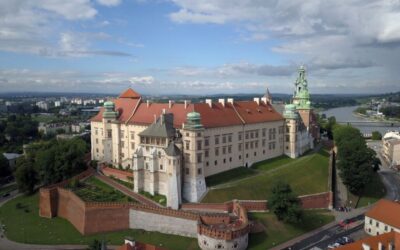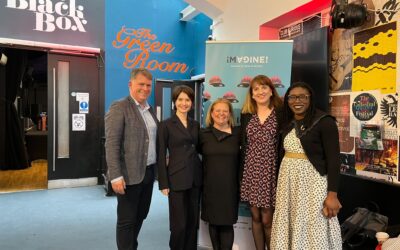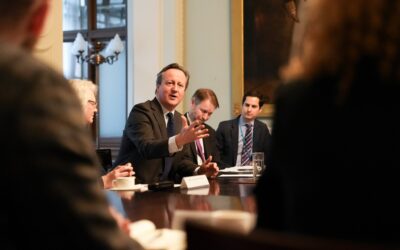The Wawel Royal Castle in Krakow is set to host an innovative seminar on "Collecting, Curating, Conservation and Collaboration" in partnership with the Victoria and Albert Museum (V&A) in London. This landmark event, organised by the Centre for Democracy and Peace...
Posts from category:

The Wawel Royal Castle in Krakow and the Victoria and Albert Museum in London inspiring culture and international collaboration
The Wawel Royal Castle in Krakow is set to host an innovative seminar on "Collecting, Curating, Conservation and Collaboration" in partnership with the Victoria and Albert Museum (V&A) in London. This landmark event, organised by the Centre for Democracy and Peace...
Cultural Diplomacy and the Art of Soft Power seminar proudly hosted by CDPB
As part of Imagine! Belfast, CDPB proudly hosted the seminar Cultural Diplomacy and the Art of Soft Power on March 21st at Black Box theatre in the heart of Belfast’s Cathedral Quarter. We were thrilled to be joined by keynote speaker Evgeniya Ravtsova, International...
John Smith Trust Belarusian Fellows visit London
In March, the CDPB team were honoured to work with the John Smith Trust's Belarusian Fellows, facilitating a residential trip to London. The John Smith Trust offers individuals from Eastern Europe, the Caucasus, and Central Asia working in sustainability, governance,...


